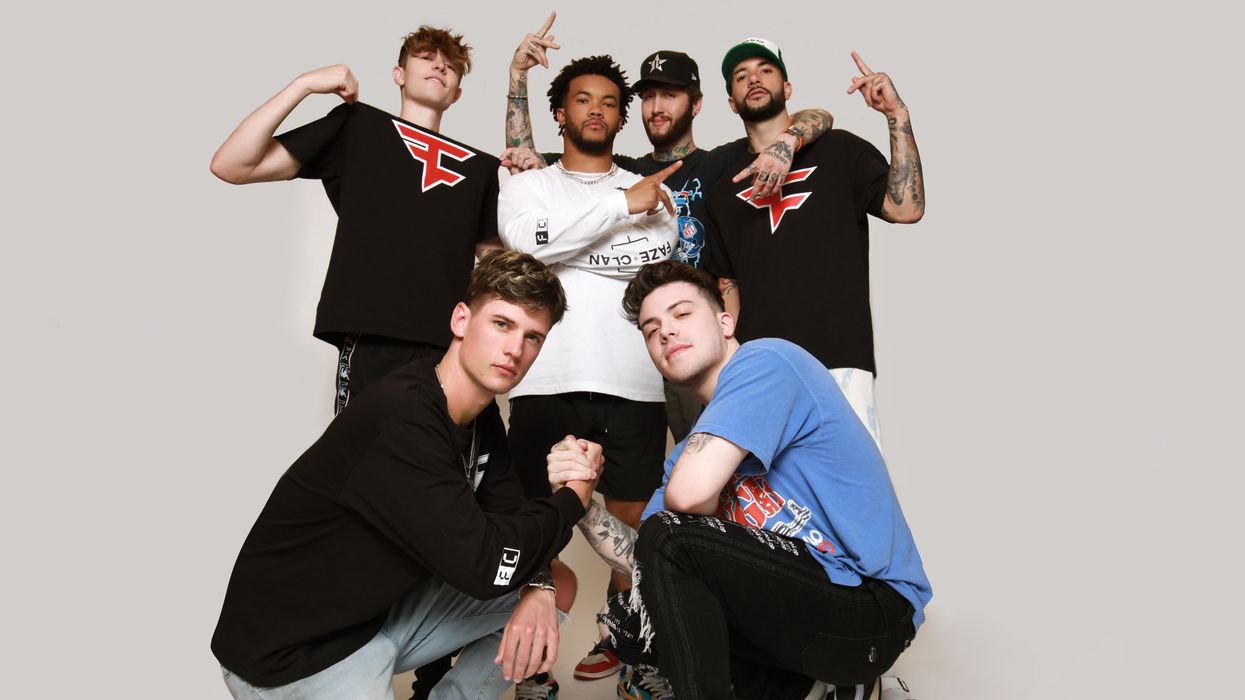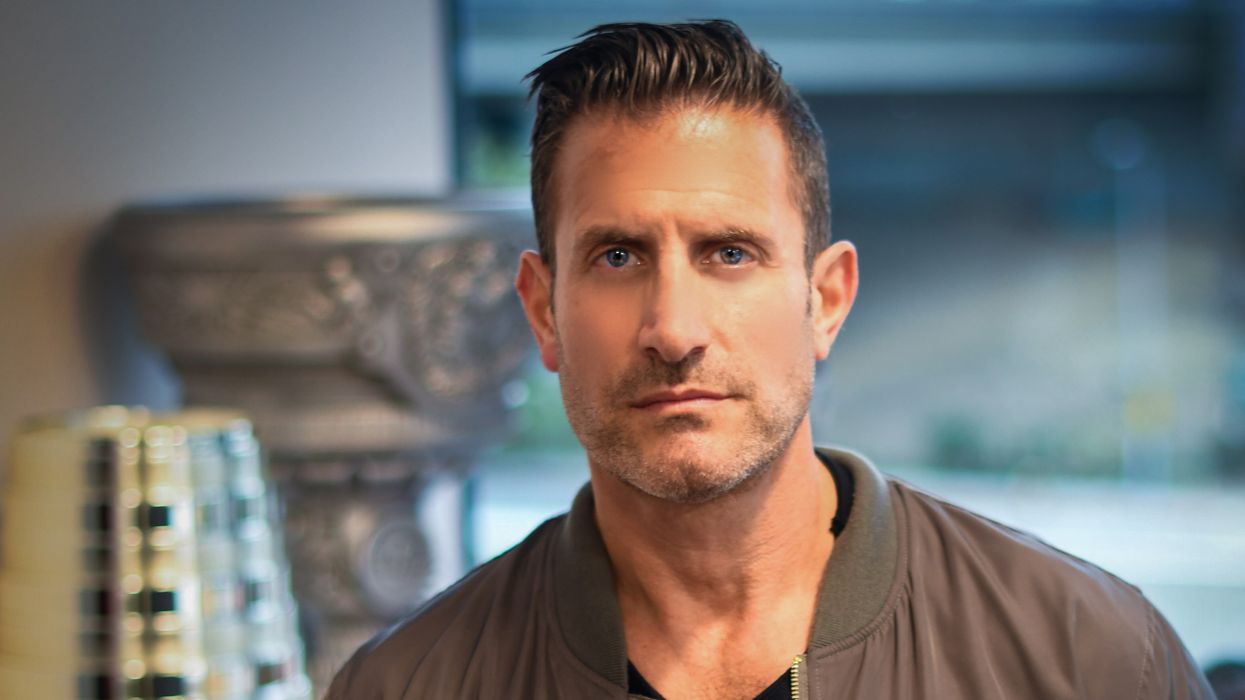Why Gaming Group FaZe Clan Went Public Today
Samson Amore is a reporter for dot.LA. He holds a degree in journalism from Emerson College. Send tips or pitches to samsonamore@dot.la and find him on Twitter @Samsonamore.

To most people over 35, even those that consider themselves gaming gurus—the name FaZe Clan might be associated with mystery or even confusion. Is it an esports team owner? An influencer hype house? Or is FaZe Clan a merchandising company? Maybe it’s just a group of teenagers filming audacious “Fortnite” trickshots.
FaZe Clan CEO Lee Trink would probably tell you the Hollywood-based outfit is all of that, and then some. During a bombastic showing at NASDAQ headquarters where FaZe Clan rang the opening bell to mark its first day of trading as a public company, Trink proclaimed “now is the time for Gen Z to lead” the culture – while holding hands with FaZe content creators, of course.
Despite worming its way into the public consciousness relatively recently, FaZe Clan has been around for over a decade. Here’s a brief recap of the company’s origins, and their ambitions going forward as a publicly-traded gaming firm.
“The Voice of Youth Culture”
FaZe Clan’s start was simple enough – in 2010 three talented “Call of Duty: Modern Warfare 2” players linked up after meeting on Xbox Live to start a YouTube channel documenting their trickshots and antics in-game. Their first series was called “Illcams” and caught the attention of many teenage boys who wanted to both beat—and be—the players. Within two years the channel had a million subscribers and FaZe was competing in esports tournaments, laying the groundwork for what would become over 35 esports championship wins to date.
In 2014, FaZe bought a mini-mansion in New York and became one of the earlier entrants into the YouTube influencer house scene – though it has since upgraded to swankier digs in Los Angeles. Since then, the brand has grown its following to 500 million followers across social media, with 80% of that audience aged 13-34.
CEO Trink (a former Brooklyn Assistant District Attorney-turned-music executive who managed artists including Kid Rock) started leading the company in 2018. He oversees about 35 content creators and 15 pro esports players, plus the other 40-plus people on FaZe’s business side.
Lately, FaZe has expanded more into merchandising in an attempt to turn a profit. It recently sold $1 million worth of mouse pads designed by Japanese artist Takashi Murakami in one day and in recent months opened several pop-up shops.
“FaZe Clan will fund investments and we will create the product and we’ll own a bigger piece of the upside. That’s the future of the creator economy,” Trink told CNBC.

The Money Problem
Trink and the Clan clearly seem confident in FaZe’s potential. Wall Street doesn’t seem convinced just yet.
FaZe first announced plans to go public last year and said the deal could be worth $1 billion. But it's actually a $725 million SPAC merger, and the new entity FaZe Holdings Inc. was created by merging with a blank-check company set up by wealth management firm B. Riley.
It’s been a tough year for SPAC deals so far and most companies that sought a SPAC merger deal lost nearly half their value or more in the first six months of 2022 as investors wouldn’t stop selling. FaZe could rise above this trend, or become the latest to see its stock sink to new lows.
In its first day of trading, FaZe’s stock dipped 30%, trading at about $9 per share.
There’s clearly valuable brand potential in FaZe; Forbes estimated the outfit’s worth at $400 million. But it isn’t profitable just yet. In a 2021 report FaZe noted more than half its revenue came from sponsorships. and it made roughly $53 million last year – compared to $28.7 million in overall losses.
It remains to be seen whether FaZe Clan’s stock will sink or swim. After all, it’s unlikely most of the core Gen Z audience is trading its stock.
The cash from the IPO deal could allow FaZe to invest more into content and direct-to-consumer merch, adding value and boosting its bottom line. FaZe will also look to buy out smaller firms in the future; Lee Trink told dot.LA last October that he is targeting acquisitions of content companies that could help FaZe break into streaming services like Netflix and HBO.- FaZe Clan Looks to Dominate Global Entertainment - dot.LA ›
- Why FaZe Clan is Expanding its Partnership With the NFL - dot.LA ›
- LA Tech ‘Moves’: Banking App Startup Taps Discord CMO - dot.LA ›
Samson Amore is a reporter for dot.LA. He holds a degree in journalism from Emerson College. Send tips or pitches to samsonamore@dot.la and find him on Twitter @Samsonamore.





 Image Source: Skyryse
Image Source: Skyryse